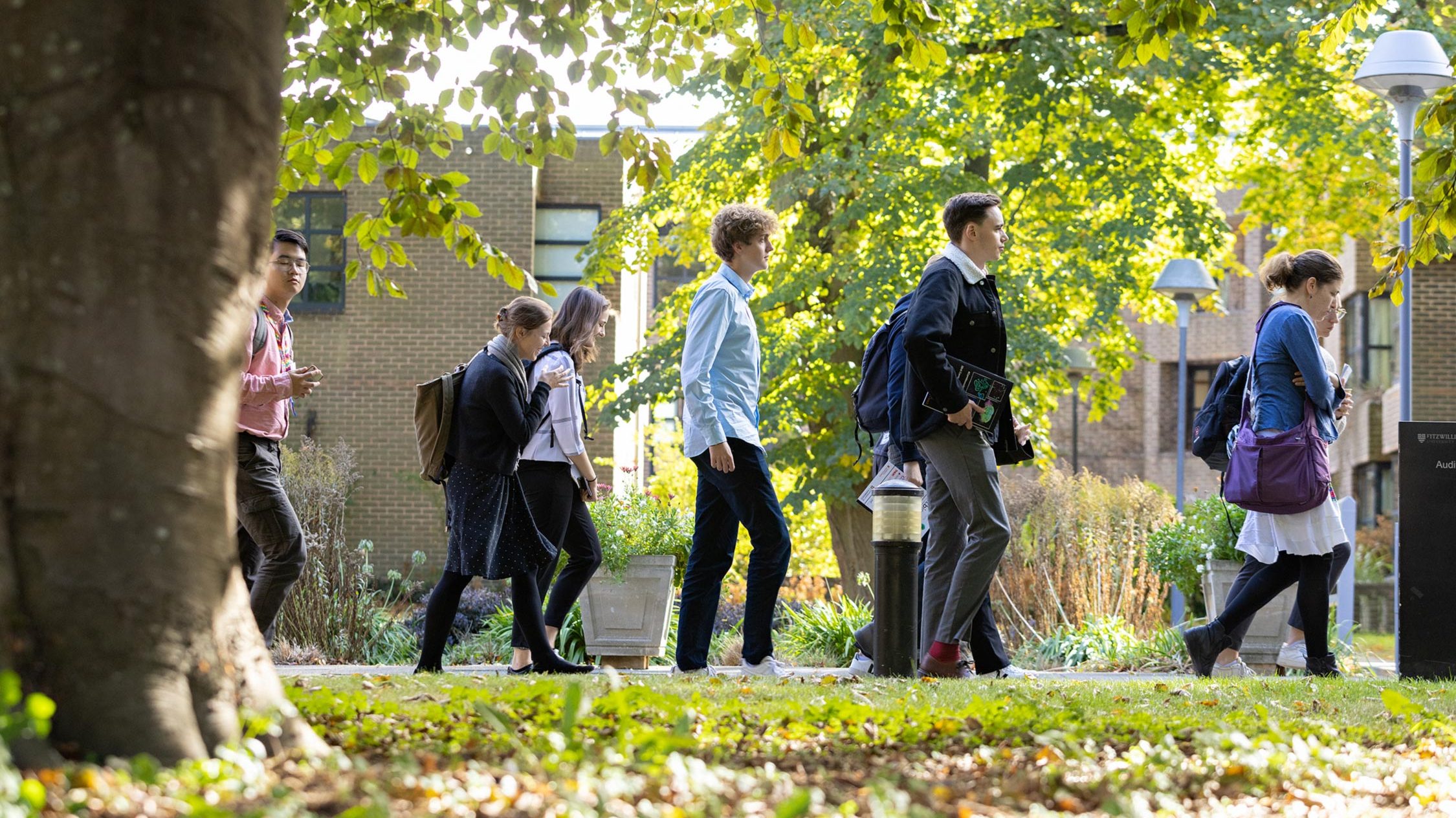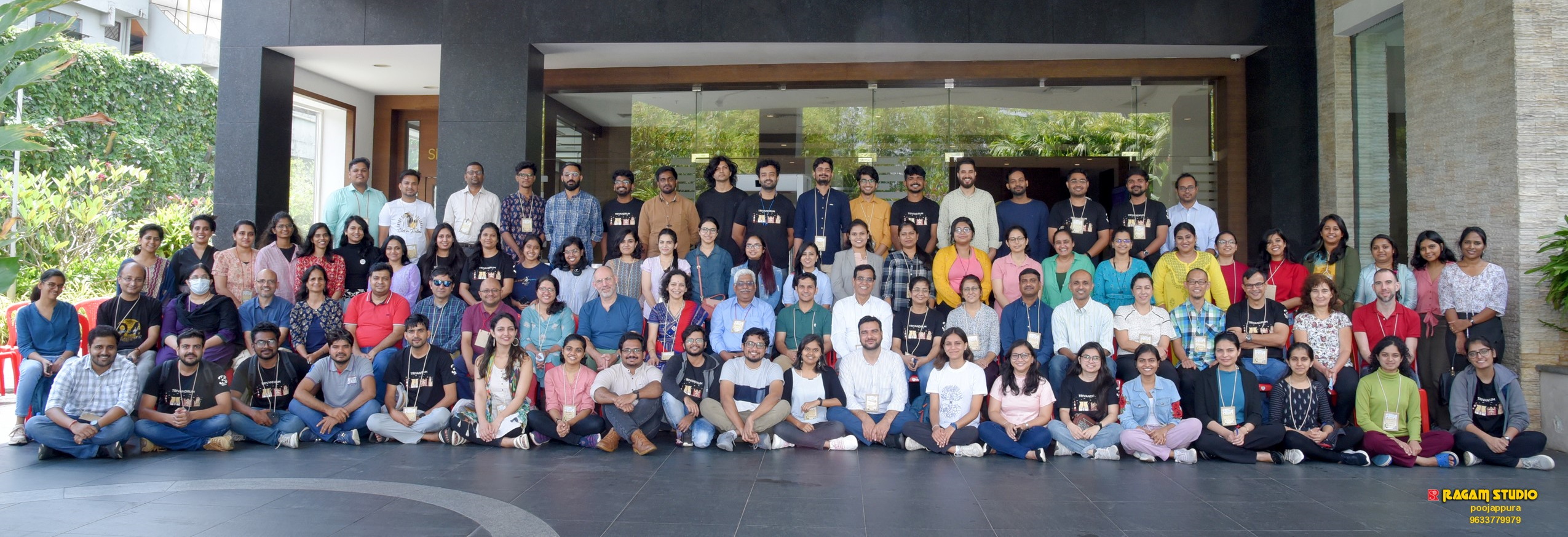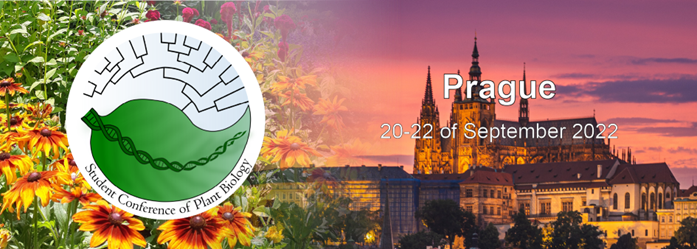

14 September 2023

Event catering can account for 7-17% of event carbon footprint 1 2 3 . Conferences and scientific workshops play a crucial role in the career development of researchers, helping them to spread awareness about their work and connect with like-minded peers 4. Equally crucial is environmentally friendly practices at these events. Organisers can make a difference with eco-friendly menus and encouraging conscious choices.
But what does it take to build a sustainable menu? This is a guideline on how to build a sustainable menu for your next scientific meeting. …
8 March 2023
By Catherine Mansfield
The symposium ‘Decolonising and Diversifying Biosciences Education’ took place from 19-20 December 2022 at Robinson College, Cambridge. This meeting was organised by Dr Catherine Mansfield, Dr Katharine Hubbard, Dr Tina Joshi and Isaiah Ting, with funding and support from the Society for Experimental Biology. …
6 December 2022
 The 32nd Cambridge Neuroscience Seminar (CNS2022) was held on 29 September 2022 at Fitzwilliam College, University of Cambridge. This annual meeting brings together neuroscientists from across the University’s Departments to promote collaboration and strengthen the community. A Sustainable Conferencing Grant from The Company of Biologists helped the organisers to reduce the environmental impact of this year’s meeting.
The 32nd Cambridge Neuroscience Seminar (CNS2022) was held on 29 September 2022 at Fitzwilliam College, University of Cambridge. This annual meeting brings together neuroscientists from across the University’s Departments to promote collaboration and strengthen the community. A Sustainable Conferencing Grant from The Company of Biologists helped the organisers to reduce the environmental impact of this year’s meeting.
…
15 November 2022
 The third Indian C. elegans Meeting took place in Trivandrum, Kerala, from 27-30 September 2022. The programme featured a diverse spread of the latest research from the nematode community. This year, the meeting also had an environmental focus, with the organisers using one of our Sustainable Conferencing Grants to reduce the environmental impact of their event. …
The third Indian C. elegans Meeting took place in Trivandrum, Kerala, from 27-30 September 2022. The programme featured a diverse spread of the latest research from the nematode community. This year, the meeting also had an environmental focus, with the organisers using one of our Sustainable Conferencing Grants to reduce the environmental impact of their event. …
21 June 2022
2021 Materials, Mimics and Microfluidics: Engineering Tools in Mechanobiology
Assistant Professor Andrew Holle submitted the first Sustainable Conferencing Grant application for 2021. The 3M2021 was a satellite-based hybrid meeting targeted towards Asian-Pacific researchers. …
24 July 2023

The Forest of Biologists was launched on 13 March 2023. We recently caught up with Steven Kelly, Professor of Plant Sciences at the University of Oxford and former Editor-in-Chief of Biology Open, who planted the seed for this project several years ago. …
27 February 2023
The British Neuroscience Association (BNA) held their festive symposium, ‘Have your mental health a merry little Christmas’, in Edinburgh on 12 December 2022.
…
30 November 2022
Written by Mohammadjavad Haghighatnia
 The first Student Conference of Plant Biology (SCPB) took place in Prague from 20-22 September 2022 with the motto “by students for students” and “sustainable conference”.
The first Student Conference of Plant Biology (SCPB) took place in Prague from 20-22 September 2022 with the motto “by students for students” and “sustainable conference”.
…
7 November 2022

The fifth Brainstorming Research Assembly for Young Neuroscientists (BraYn) took place in Rome from 28-30 September 2022. The conference aims to bring together early-career neuroscientists for the purposes of networking, sharing expertise and promoting collaborations. …
5 May 2022
After two years of no in-person events we had our first Workshop. Between 3 and 6 April the ‘Cell Size and Growth, From Single Cells to the Tree of Life’ Workshop took place in East Sussex, UK. Interesting presentations, in-depth discussions, tasty desserts, and fun conversations in the orangery, the Workshop had it all. You can read more about it in our recent story. …
You must be logged in to post a comment.